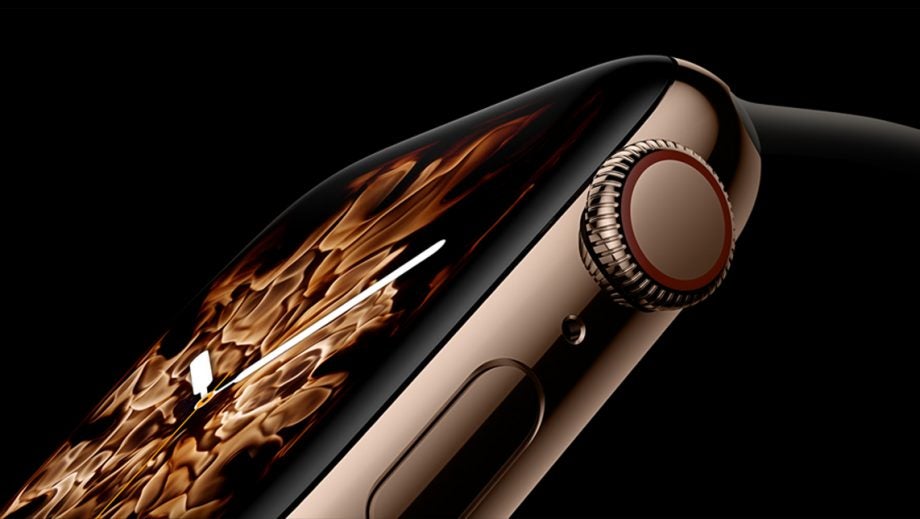Could an Apple Watch reduce your risk of stroke? Study aims to find out

The Apple Watch and iPhone will be used in a new medical study, with researchers hopeful the devices could be used to detect the risk of a stroke.
The company is teaming with Johnson & Johnson on a new Heartline Study which will explore how the earlier detection of atrial fibrillation (AFib) could potentially lead to lowering strokes among the over 65s. AFib is an irregular heartbeat that causes poor blood flow – often to the brain, resulting in a stroke.
Related: Apple Watch 5 vs Apple Watch 4
Participants in the study will use the electrocardiogram feature on the Apple Watch Series 5 to regularly check for AFib. If warning signs are reported, they can seek medical attention before a potentially life-threatening stroke occurs.
The Heartline Study will also use an iPhone application of the same name, with access to the Apple Health app, and Johnson & Johnson is now seeking people in the United States to participate in the scheme.
“Heartline could go down as a landmark clinical trial. We are bringing amazing digital wearable tech and engagement apps for healthcare to patients and doctors,” J&J’s Dr. Paul Burton told CNN Business.
“AFib can potentially lead to more strokes for people over the age of 65. Cases are more common. And people fear having a stroke as much as dying.”
Many of the digital health tools Apple has added to the Apple Watch down the years have already been credited with saving the lives of their users. We’ve seen dozens of cases of the fall detection tool alerting the emergency services to stricken users, while many users are crediting the AHib detection tools with identifying an irregular heartbeat, warding off a potential heart attack.
On the sign-up page for the study, J&J says: “Knowing and managing your heart health is important. Now, technology can help you better understand your heart and make healthy decisions, teaching you about how everyday lifestyle changes can impact your heart health. By participating in the Heartline Study, you’ll help researchers learn whether everyday technology can lead to earlier detection of irregular heart rhythms consistent with atrial fibrillation (AFib) and help improve health outcomes, including reducing the risk of stroke.”


